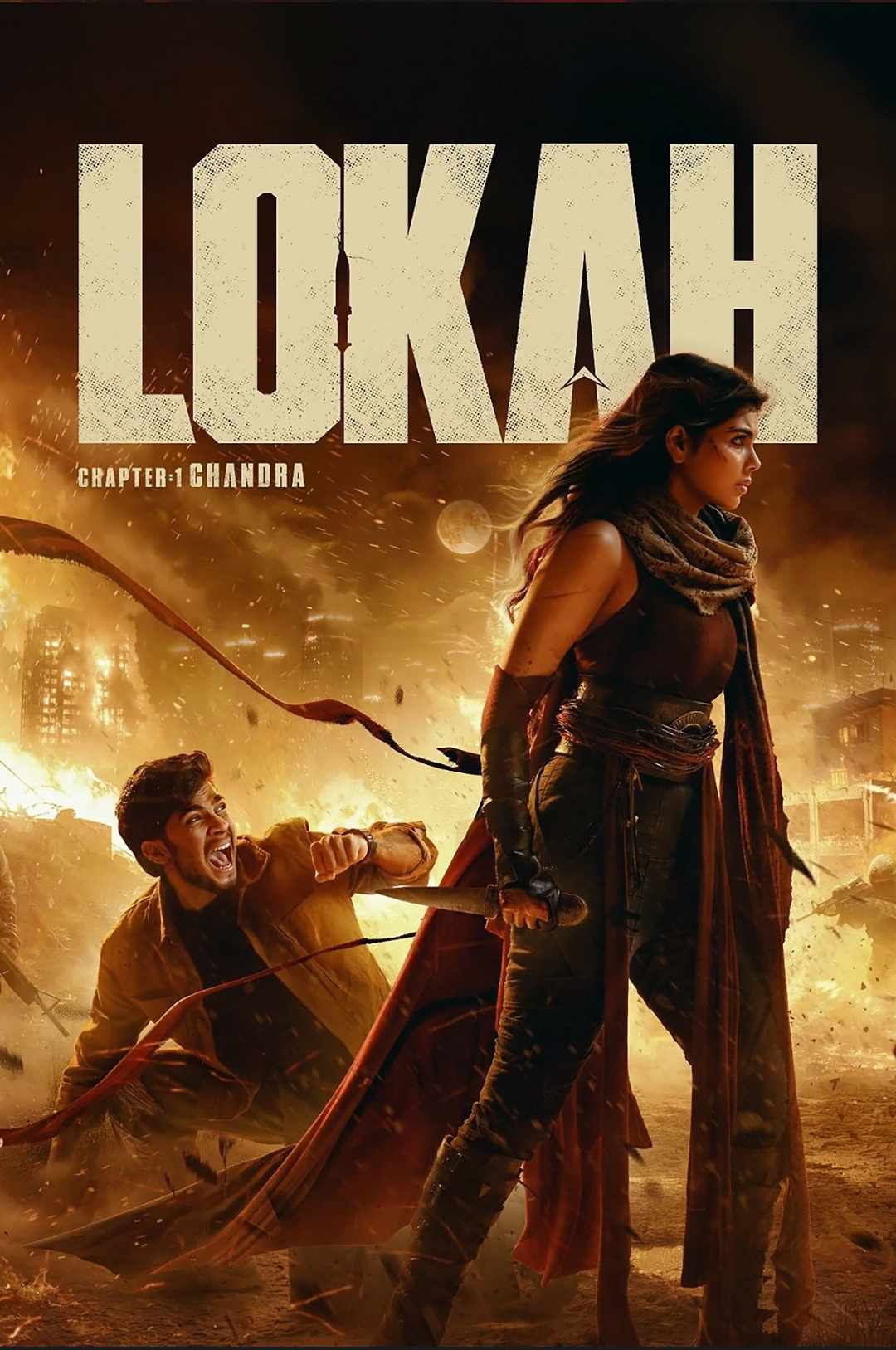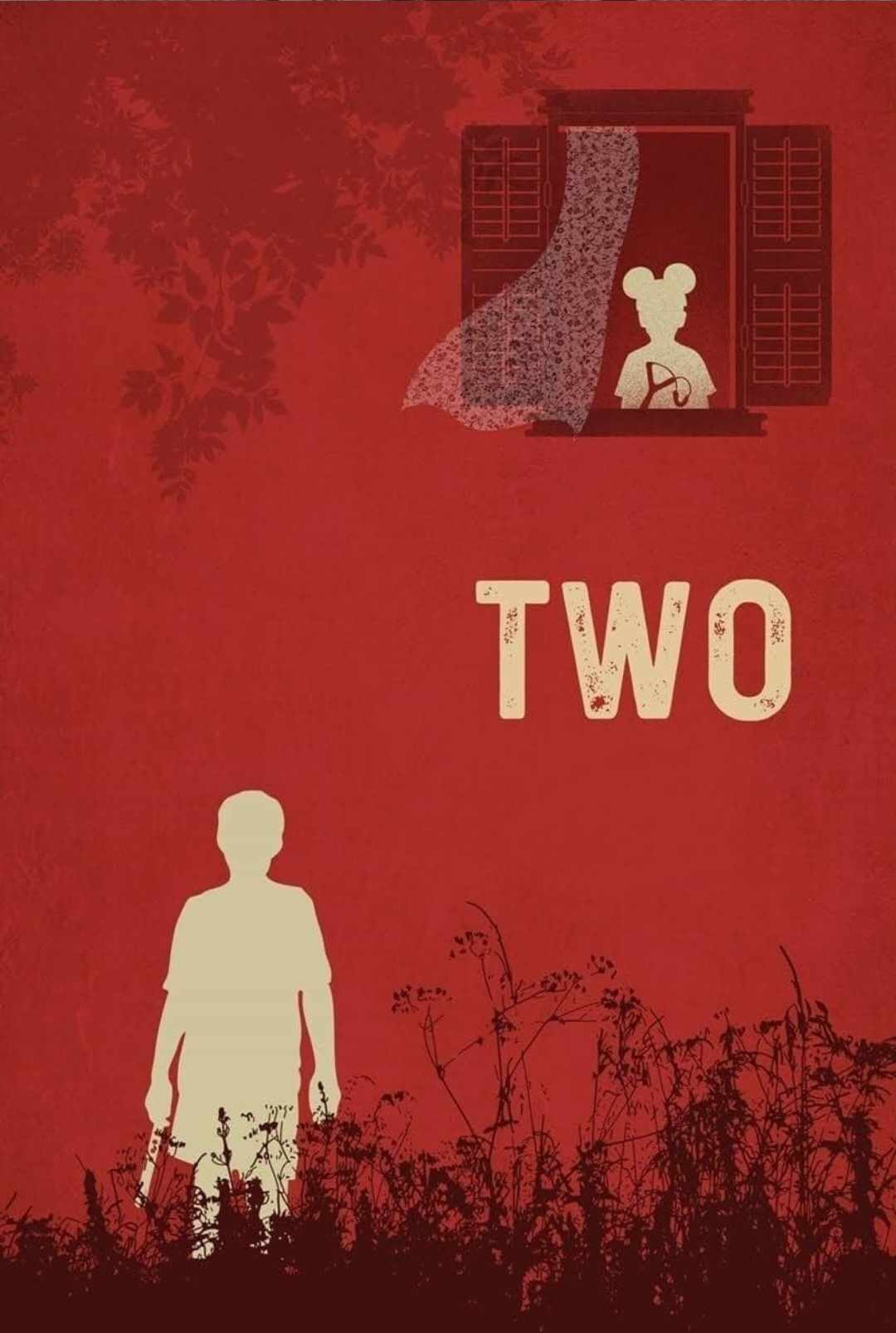
“It was dark and Vellyechi was on her way back home. She was passing by the Chira when she noticed a black, shadowy figure following her,” says my seventy-seven-year-old grandmother in her subtle narrating voice, recollecting from her past. She continues, “Vellyechi was startled by the figure carrying a Thlakotta-like thing on its head. Chathanmarrrrrr!!” Ammachi pauses deliberately, checking if we are fear-stricken or not.
“For God’s grace, Vellyechi was menstruating. Chathan will not touch girls who are on their periods.”
In that moment, I realized Chathan, who often sounded like a man in these tales, was truly a woman. All through my childhood I grew up listening to stories about Perunthattupadathe Manikettikala, Theekolli Chathan, Kollitheru, Poyodethe Poojarajakkanmar, and the master of them all, Kadamattathu Kathanar. My grandmother, Aleyamma, on evenings always treated us with these dusty yet dramatic folklores.
Dominic Arun’s Lokah: Chapter One-Chandra introduces us to the same world of characters once kept alive in Malayali households for decades. Hollywood’s superheroes always had an audience steeped in comic culture to ignite their franchises. Mollywood, lacking such a backdrop, still finds a way through Lokah, which wins hearts by leaning into nostalgia and the essence of homeland. By drawing from folklores, vintage media, and Muthassikkadha, the film builds a universe that feels deeply familiar and ours.
What makes Chandra striking is that it does not just revive folklore but questions it, especially the stories cruel to women, at least in the way they reached us. As the movie suggests, maybe these tales were reshaped over time to serve men in power, a subtle resistance coded into the narratives. Lokah compels us to revisit these stories with new eyes, examining the influence of caste and power in their retellings.
Beyond its cultural exploration, however, the film stumbles on history and geography, sometimes forcing connections in a bland attempt at making it “PAN-India releasable.” That, perhaps, is a debate for another day. What Dominic does get right is casting, Kalyani Priyadarshan shines as Neeli, in what may be her career-best performance. Jakes Bejoy’s music occasionally feels misplaced, especially undercutting jokes, but Chandu and Naslen carry those moments with charm.
The true standout is Chaman Chakko’s editing, rhythmic, stylish, and brimming with true cinephile energy.
Lokah is more than just a movie, it has sparked the conversation of the year, one that deserves both discussion and celebration. After Minnal Murali, Malayalam cinema seems ready for another legion of superheroes, this time born from the shadows of our own folklores.













Write a comment ...